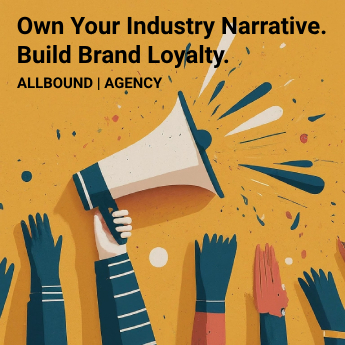In the contemporary era of information overload, businesses face a significant challenge – managing and analyzing massive amounts of data to gain actionable insights. One solution is AI-powered marketing automation, a technological marvel that enhances workflows and facilitates the making of precision, data-driven choices by marketers.
The Power of AI in Marketing Automation lies in its capability for real-time data analysis which provides valuable insights into customer behaviour and preferences. By leveraging AI algorithms, campaigns can be personalized and targeted at specific audiences, thereby increasing engagement rates and driving conversions. These AI-powered strategies also automate repetitive tasks like email scheduling, social media posting and ad optimizations, freeing up marketers to concentrate on creativity and strategy development.
These AI systems also have the ability to personalize content at scale. By predicting individual preferences from alpha analysis, AI-enabled systems can tailor marketing messages delivering content to the right audience at the right time, thereby Boosting Conversion Rates.
Streamlining Workflows with Intelligent Automation AI automates repetitive tasks allowing marketers to focus on strategic initiatives. AI can identify patterns, refine targeting and optimize delivery while adapting to evolving customer behaviors.
Through the utilization of AI to analyze past interactions, predict future behaviors and adapt in real-time, there’s an opportunity to optimize each facet of the customer’s journey, thus enhancing customer satisfaction and loyalty. This, in turn, improves ROI.
By employing AI in real-time, workflows are streamlined and marketing can be optimized thus saving time and resources. AI can also use natural language processing to engage with customers through chatbots or automated email responses. Importantly, by automating tasks like social media scheduling, content creation and campaign optimization, marketers are allowed more time to concentrate on strategy and creativity.
Successful AI-Powered Marketing Campaigns examples include Netflix, Starbucks and Adidas. Netflix leverages AI algorithms to recommend personalized content based on user behavior and preferences, while Starbucks has enhanced its customer experience through the mobile app, and Adidas delivers hyper-targeted content that results in higher engagement rates and increased brand loyalty.
Challenges such as data privacy concerns, the initial learning curve associated with adopting new technology, seamless integration of AI into existing workflows and maintaining transparency with customers about the use of AI can be overcome through rigorous training, careful planning and clear messaging.
To incorporate AI into your existing marketing strategy, start by identifying the areas that need improvement, then plan around how to best utilize AI tools in these specific areas.
Source: AI-Powered Marketing Automation: Streamlining Workflows for Efficiency

